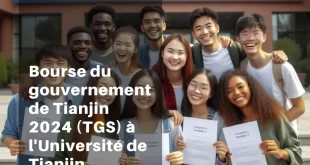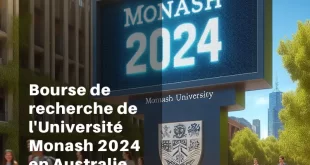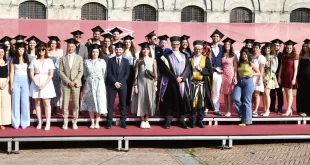Job Code: 413
Job Offer from September 22, 2021
The Max Planck Institute for Social Anthropology is one of the leading centres for research in social anthropology. Common to all research projects at the institute is the comparative analysis of social change; it is primarily in this domain that its researchers contribute to anthropological theory, though many programmes also have applied significance and political topicality.
The Department “Law & Anthropology” is offering positions for Doctoral Students (m/f/d) in the field of Law & Diversity.
Background
Since 2018, the Department has been investing in what is meant to be a long-term project under the title ‘Cultural and Religious Diversity under State Law across Europe’, or CUREDI. CUREDI is a digital repository of cases – with a focus on case law analysis – that have to do with cultural and religious diversity and that show if, how, and to what extent diversity is granted legal recognition within the domestic legal systems of member states of the EU, UK, and Switzerland. Curedi works with a network of scientific research teams in Europe with the goal to make the database publicly accessible online. Further information on the research agenda.
This call invites research proposals that address the legal approach to diversity across Europe preferably related to one of the following topics of the repository:
- Crime and Punishment under State Law;
- Cultural Heritage;
- Detention Centres;
- The Human Body;
- Hospitals and Healthcare;
- Mass Media;
- Public Space and Institutional Sphere;
- Torts.
The research within the dissertation project should consist of studying the extent to which state law offers solutions to specific situations of religious and cultural diversity, how these solutions are formulated and to what extent they offer pathways that could also be relevant in other jurisdictions. Each proposed research project should preferably include a regional comparative component covering two or three countries. The inclusion of East Central Europe would be welcome.
Within the framework of this call, three scenarios/challenges in particular are under scrutiny:
- situations in which fundamental rights and liberties are in conflict with one another;
- situations or practices that are not recognized or are explicitly denied validity under state law;
- situations that are addressed very differently in the several domestic legal orders of European countries.
Prerequisites
- an intrinsic interest in team work.
- evidence of proficiency in the relevant languages (cf. selection of jurisdictions to be covered by the project proposed by the applicant);
- very good command of written and spoken English;
- willingness to conduct comparative research (this may require familiarity with relevant legal practice);
- evidence of serious interest in law & diversity issues;
- an academic degree (master’s or equivalent) in law in hand at the time of taking up the position (1 January 2022), with outstanding results;
Our offer
Positions are to start on 1 January 2022. They are awarded for three years, with the possibility of two six-month extensions (pending a positive evaluation). Employment will be on a full-time contractual basis. The workplace is Halle/Saale (Sachsen-Anhalt, Germany).
Please note that the Max Planck Institutes do not award doctoral degrees. Doctoral students must therefore enroll at a university in or outside Germany. The choice of the university will be agreed jointly by the successful applicant and the director of the Department of Law & Anthropology.
The Max Planck Society is committed to increasing the number of individuals with disabilities in its workforce and therefore encourages applications from such qualified individuals.
The Max Planck Society strives to ensure gender equality and diversity. Furthermore, the Max Planck Society seeks to increase the number of women in those areas where they are underrepresented and therefore explicitly encourages women to apply.
Application procedure
Please submit your application materials electronically by 31 October 2021 by following the link for vacancies on our homepage (under ‘Career’), or by going directly to the online application form using the link below.
Applicants are asked to submit the following materials
- two to three detailed letters of recommendation from professors, teachers, or professional supervisors who are well acquainted with the work of the applicant (letters to be sent directly to the Department at marencakova@eth.mpg.de).
- a succinct description (3 to 5 pages) of the proposed doctoral project, the selection of the jurisdictions to be covered and a clear justification for this selection;
- copies of university degrees
- curriculum vitae, including a formal record of university courses and list of publications (if any);
- cover letter;
Interviews with shortlisted applicants will be held in November 2021. If you have further questions regarding the application procedure, please contact:
Max Planck Institute for Social Anthropology
Personnel Administration
Janka Diallo (jdiallo@eth.mpg.de)
We look forward to receiving your completed online application.
 medjouel.com Study Non Stop
medjouel.com Study Non Stop



